So much on my mind – I can’t keep up with it!
Books to read on relationships – “Marriage is the medium”
I have been reflecting on the role of evolution in relationships.
I doubt that marriage was somehow hard wired or ‘natural’ yet what is our pairing history?
I have a hypothesis:
We became human through a process of evolutionary development where we gained an advantage by walking upright, liberating the hands, developing language, having a bigger brain. Some of these processes or all of them, involved us being born as infantile creatures more vulnerable than other mammals. We are born at what might be a more juvenile stage in other primates. This means that the parents play a vital role in development. Grandparents do too; an explaining why we live beyond our reproductive life. Through the grandparents the group has a collective memory and redundancy in its nurturing capacity.
Psychologically this can all go haywire, evolution did not provide a fool proof post-natal environment. In fact it may be that what does not kill us makes us stronger psychologically. We have attachment wounds and seek out spouses that offer the possibility for psychological healing, a second go at being nurtured. It may be that the fear of change leads us to seek out partners that confirm our familiar view of the world and ourselves and reinforce it. Or there may be strong out-of-awareness mechanisms that can see the healing opportunity. But for some reason pair-bonds evolve that have the potential for re-living (a hellish time) and then repairing attachment wounds.
Some of this may happen while the partners are young, though I imagine it is more likely in the grand-parent phase of life. It may not have happened a lot, but if a tribe had sufficient elders who were somewhat psychologically healed it would lead to significant advantages for the group. Hence the evolution of cultural taboos against divorce and incentives for staying together.
Whatever the reason for the power of hanging-on in a relationship, there is a process of healing that is possible if there is guidance and consciousness. This healing does not happen if at the point of difficulty in the relationship partners just move on. By staying in the relationship, and becoming conscious the marriage becomes a healing space just like a therapeutic relationship. In fact the therapeutic healing space is a surrogate marriage, it can even be a futile substitute. Marriage becomes an alchemical crucible, where stages of transformation can be facilitated by conscious attention. The evolutionary basis is there but we also have reason and consciousness and we have developed capacity for depth and loving relationships. This cultural evolution can happen much faster than physical changes, and there is currently a rapid shift from individualism to a relational paradigm.
There are plenty of other, less benign forces at work that explain marriage, such as inheritance of wealth and bonding families and tribes, however the healing potential of relationships is also there. Very recently (slowly) we as humans may be ridding ourselves of sexist elements of marriage such as ownership of women by men and becoming more conscious of the healing potential.
With this hypothesis to sharpen and examine I have a pile of books to read on my kindle:
~
Darwin’s Legacy: Scenarios in Human Evolution (African Archaeology Series) [Kindle Edition] Sue Taylor Parker (Author), Karin Enstam Jaffe (Author)
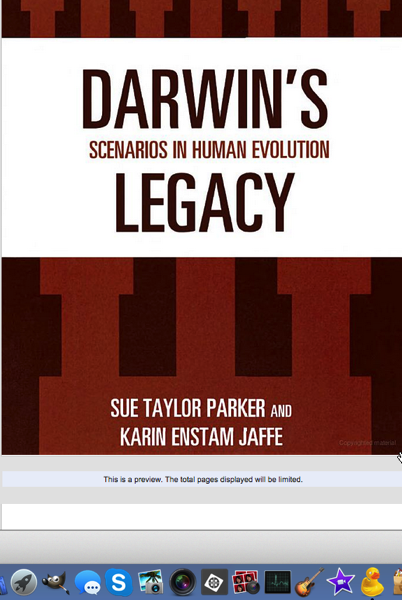
~
Sex, Murder, and the Meaning of Life: A Psychologist Investigates How Evolution, Cognition, and Complexity are Revolutionizing our View of Human Nature
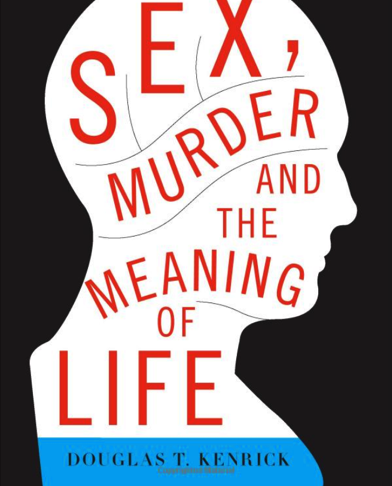
~
The Dawn Warriors: Man’s Evolution Toward Peace
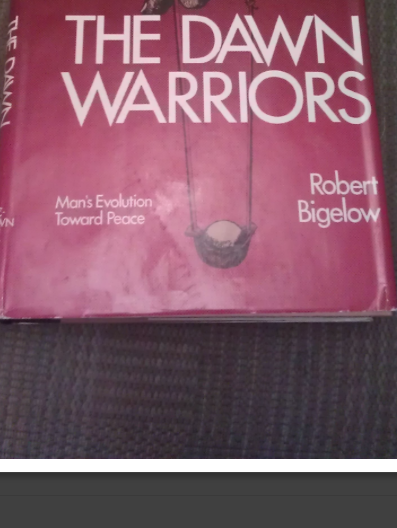
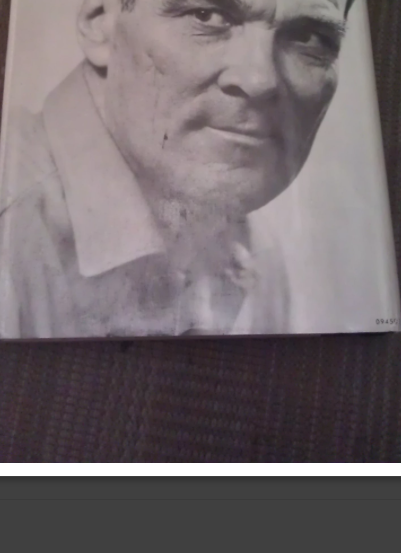
Robert Bigelow was my teacher in 1969 at the University of Canterbury in Christchurch. I was deeply influenced by his teaching. It seemed like we were getting genetics 101, but I now see that his insights were very rare, and they did not get a good grip on the orthodoxies. Sone of the details may be wrong or dated – the overall hypothesis makes sense and makes his book a worthy candidate for Peace Studies.
Time I read it again – not on the kindle unfortunately.
~
The Meaning of Human Existence [Kindle Edition]
Edward O. Wilson (Author)
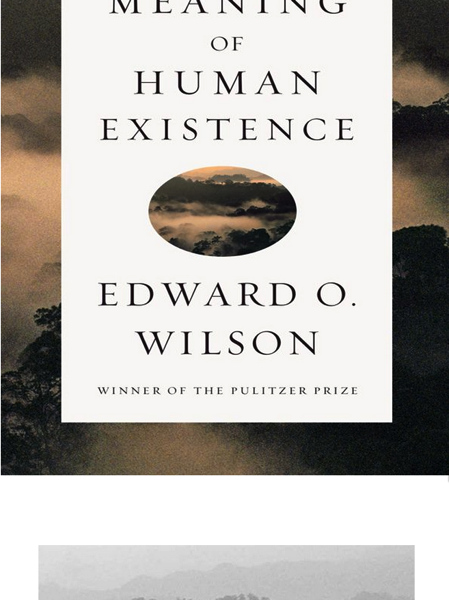
~
Then a couple by Stephanie Coontz (she is mentioned in an earlier post relevant to this discussion) here :
The Way We Never Were: American Families And The Nostalgia Trap Paperback – October 6, 1993
by Stephanie Coontz>
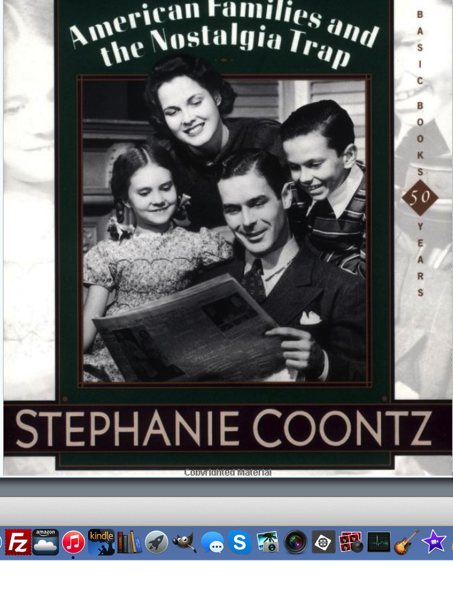
Marriage, a History: How Love Conquered Marriage [Kindle Edition – downloaded sample] Stephanie Coontz
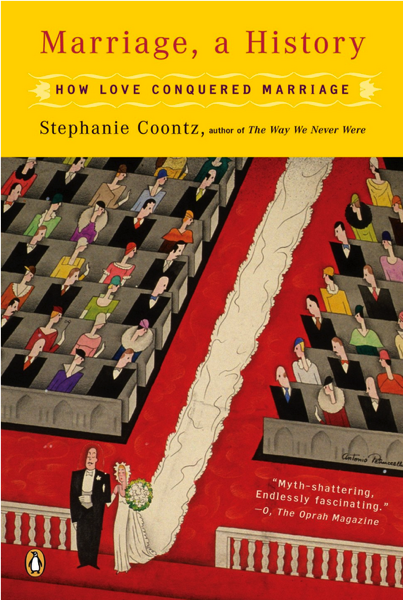
~
Diane Wolfthal Images of Rape
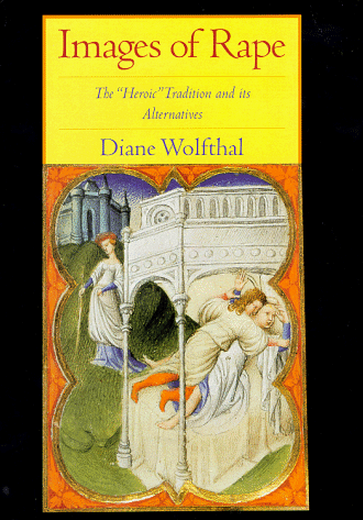
~
A Natural History of Rape: Biological Bases of Sexual Coercion
Here is a review: Goodreads
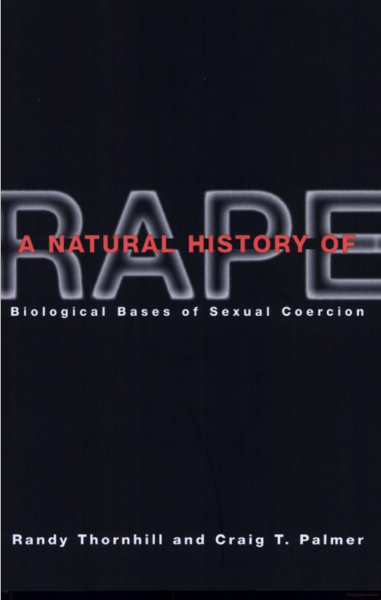
~
Sex: A Natural History
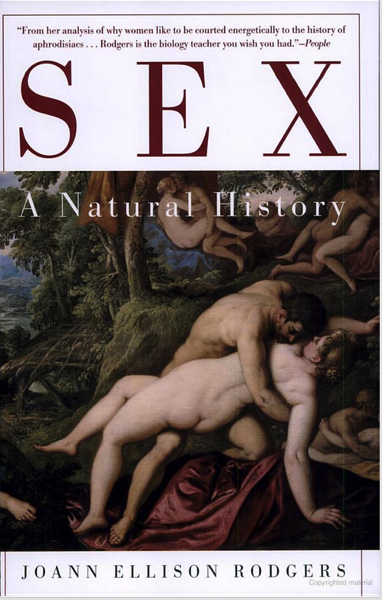
~
The Evolution of Marriage and of the Family
By Charles Jean Marie Letourneau
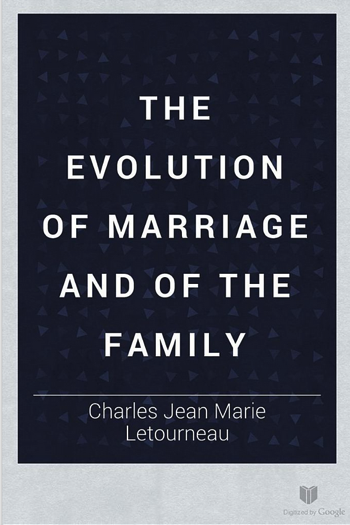
LATER Sunday, 20 October 2019
And now add Engles!!
Then there is a book in this
I’d love to do this as a project one day.
Sometime/Maybe — in the list

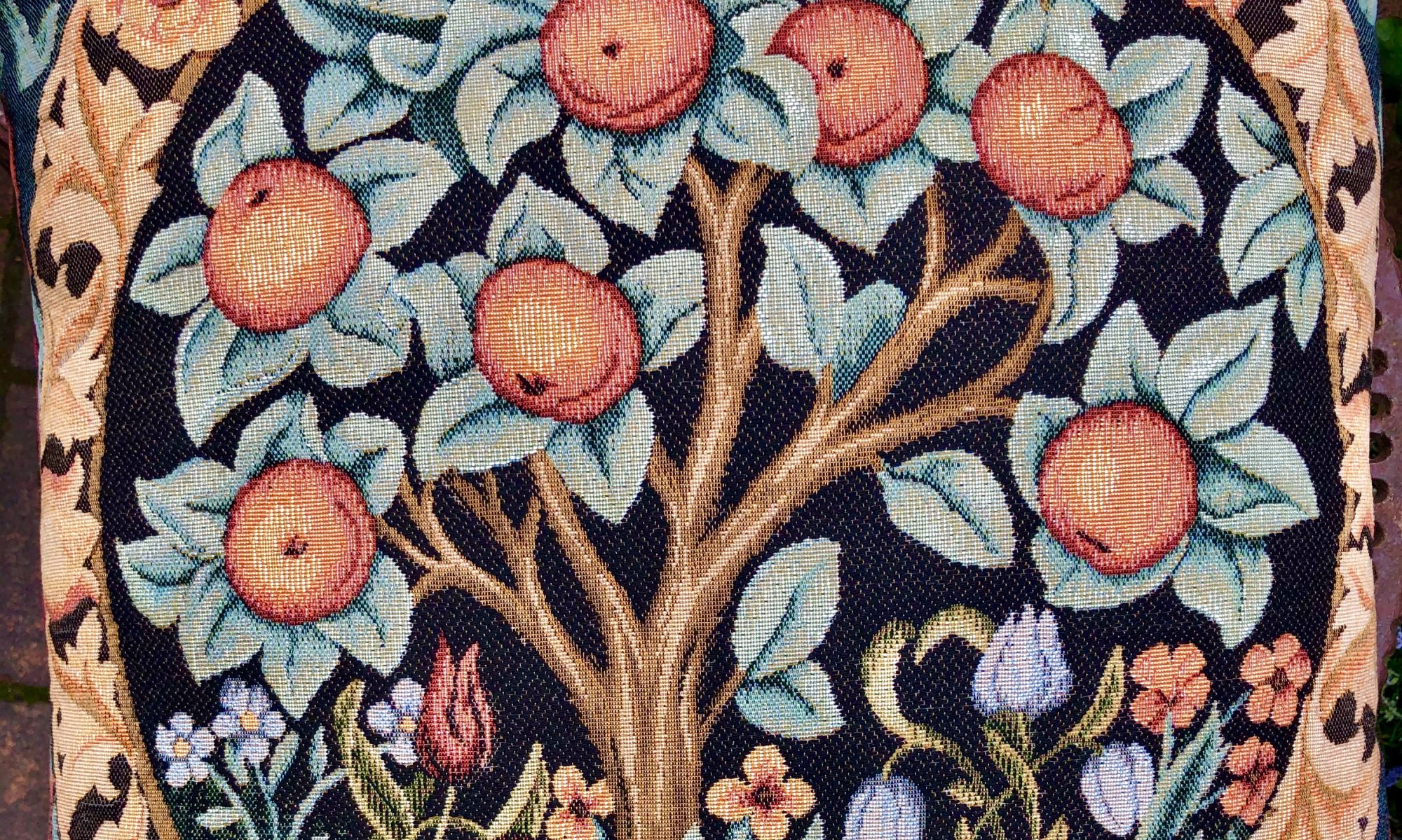











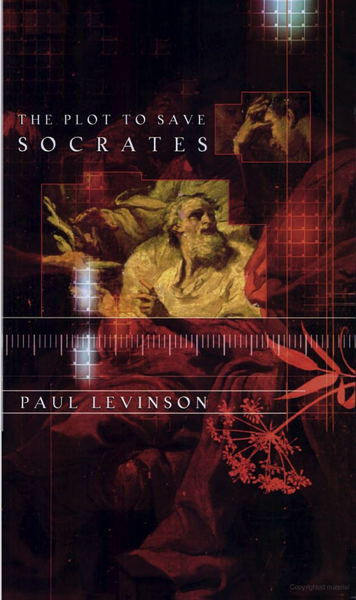
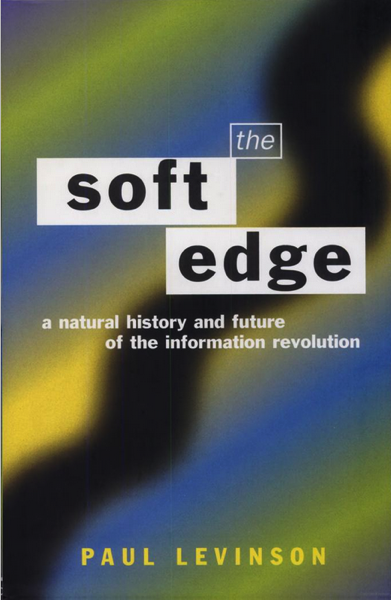

You must be logged in to post a comment.